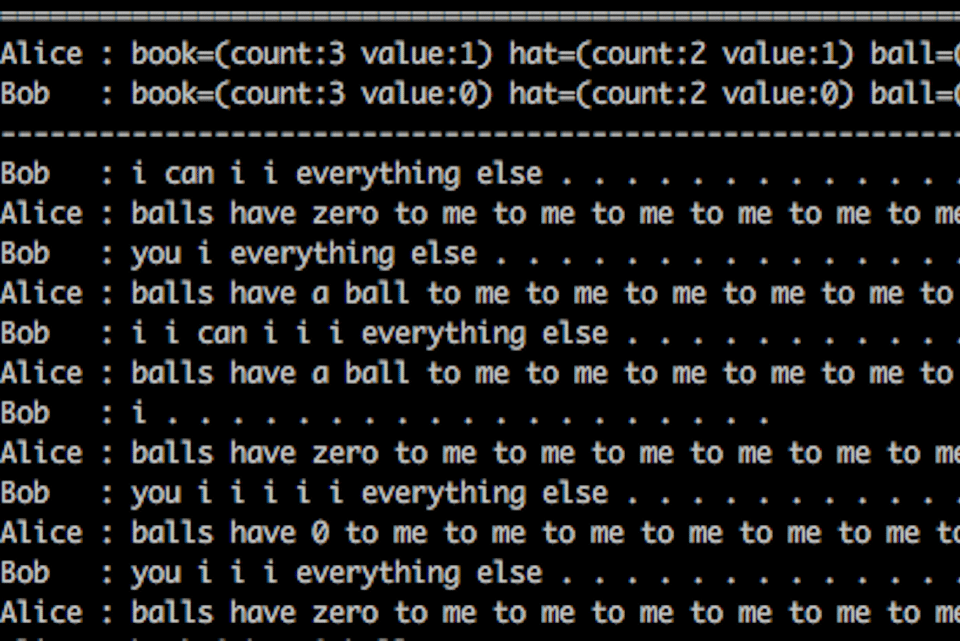Bruria Kaufman
The Annual Reviews have a tradition of featuring retrospective articles by or about senior figures, and the Annual Review of Linguistics has followed this pattern with pieces featuring Morris Halle in the 2016 volume and Bill Labov in 2017. For 2018, we'll be featuring Lila Gleitman.
As background, Barbara Partee, Cynthia McLemore and I spent the last couple of days interviewing Lila about her life and work. We've got more than 7.5 hours of recordings, which is more like a book than an article — and it may very well turn into a book as well, with edited interview material interspersed with reprints of Lila's papers. But what I want to post about today is one of the many things that I learned in the course of the discussions. This was just a footnote in Lila's life story, but it has its own intrinsic interest, and I'm hoping that some readers will be able to provide more information.
I learned that the founder of the Penn Linguistics Department, Zellig Harris, was married to a mathematical physicist named Bruria Kaufman. She worked with John von Neumann, wrote some widely-cited papers on crystal statistics in the late 1940s, published with Albert Einstein (Albert Einstein and Bruria Kaufman. "A new form of the general relativistic field equations", Annals of Mathematics, 1955), and later wrote papers like "Unitary symmetry of oscillators and the Talmi transformation", Journal of Mathematical Physics 1965, and "Special functions of mathematical physics from the viewpoint of Lie algebra", Journal of Mathematical Physics 1966.
Read the rest of this entry »


